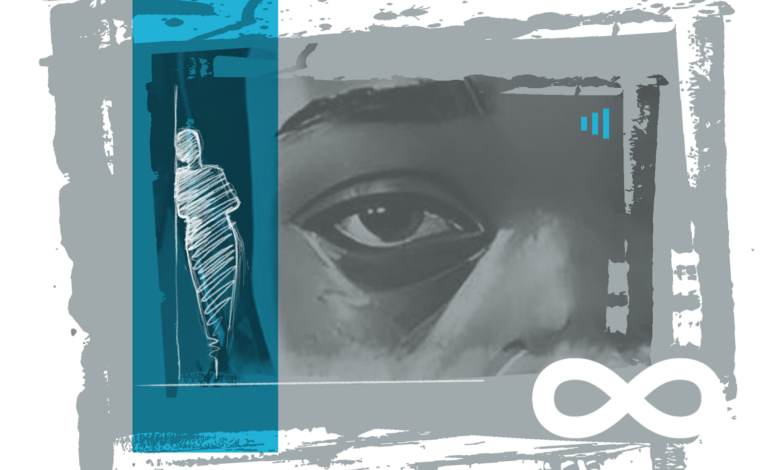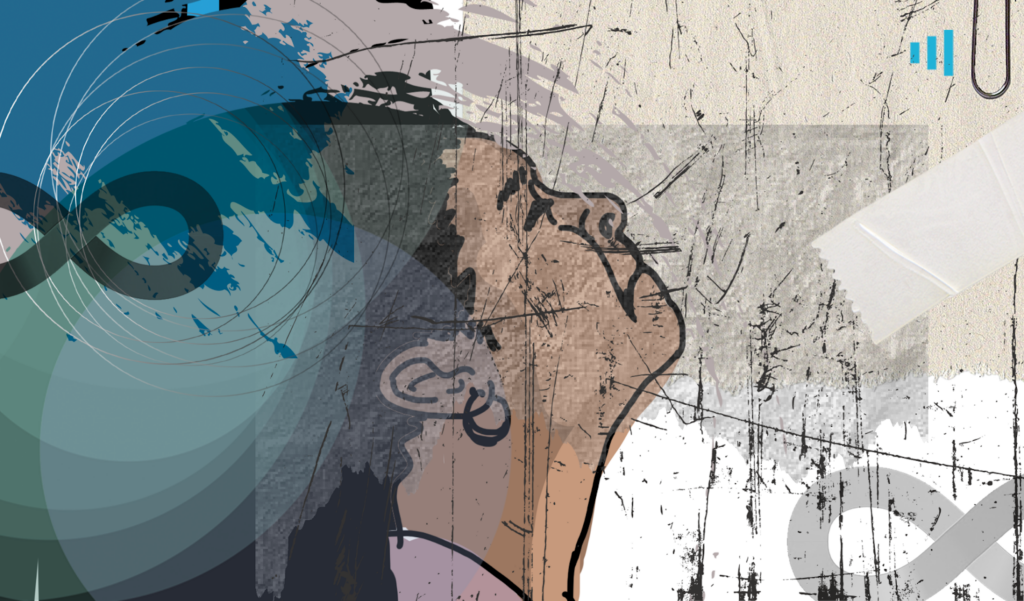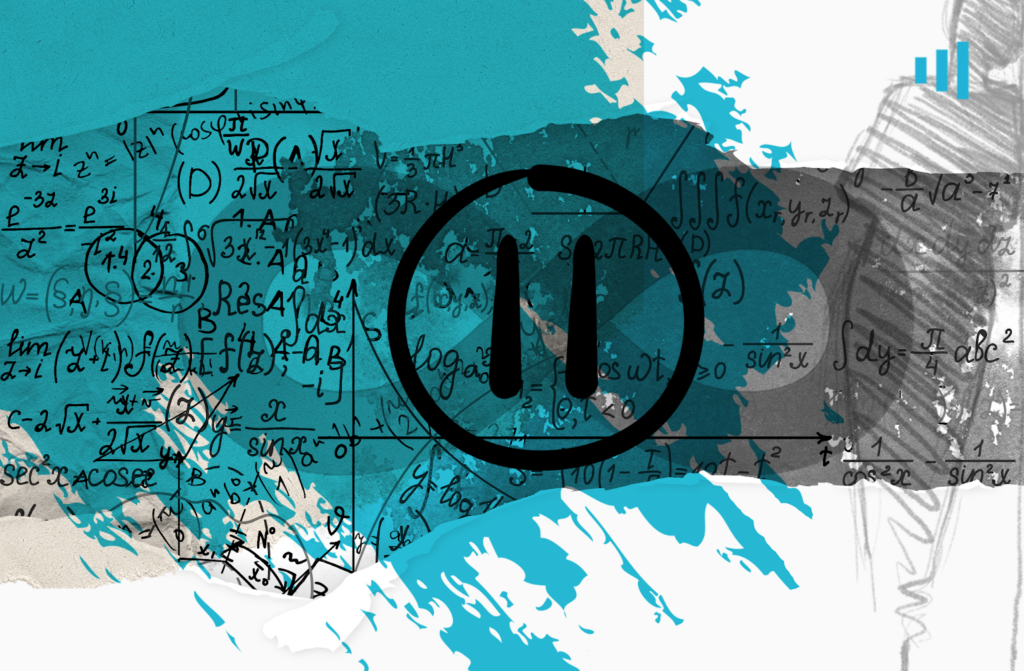Life On The Spectrum: Misdiagnosis Gap Affecting Autistic Women In Nigeria
Autism diagnosis is hard to come by in Nigeria, especially for those with high-functioning autism. However, for women on the autistic spectrum, the journey is far more complex, making diagnosis even harder to get.

Mirabel Andrew’s* life has been riddled with a lot of sensory issues, especially in her childhood, as she couldn’t stand noises such as thunderstorms and certain fabrics. She also preferred solitary activities over group ones. Even when she’s not reading or playing video games, she hardly interacts with others.
“In primary school, I developed an interest in the Pokémon franchise, which became a lifelong special interest, and it’s socially fine when you are 9. It later became a bit of a faux-pas, so to speak, by the time I got to secondary school.”
At that time, she had started falling behind on assignments.
“I didn’t know how to talk about anything more than the 3 niche interests I had, and I struggled with eating because of the sensory issue. I tend to go nonverbal when I am really stressed out, though sometimes, it happens with no apparent trigger. So sometimes I would go from an hour to two days without saying a single word, not because I didn’t want to but because I physically couldn’t, like I had forgotten how to speak.”
She recalls that one of her teachers once yelled at her when she had shut down in class, and the teacher believed she was faking it. Interestingly, answers to Mirabel’s lifelong question came in 2021, when the psychologist she visited for anxiety and depression suspected that she was autistic and made her take a diagnosis test.
Autism
Autism Spectrum Disorder is a developmental disorder that affects people’s behaviours as well as their ability to communicate and socialise. According to a study, females are least likely to receive a diagnosis, especially in childhood, because they are more likely to mask their symptoms or present with different symptoms.
“The model that we have for a classic autism diagnosis has really turned out to be a male model. That’s not to say that girls don’t ever fit it, but girls tend to have a quieter presentation, with not necessarily as much of the repetitive and restricted behaviour, or it shows up in a different way,” said Susan Epstein, a clinical neurologist.
In Nigeria, patients are either underdiagnosed or misdiagnosed because knowledge about symptoms is limited within the medical community. While some medical practitioners sometimes refer to the condition as a ‘white man’s problem’, most people see it as a spiritual issue and accuse patients of being possessed even though it gets treated with exorcisms sometimes.
Some common symptoms of autism include intense fascination with a particular topic, being more sensitive to light and sounds, developing aversions to some food textures, routines that are hard to disrupt, inability to recognise or respond to emotions or nonverbal communication, and speech problems, among others.

Epilepsy misdiagnosis?
By the time Mirabel got to her final year in secondary school, she was diagnosed with absence seizures and was put on epileptic medicines. Despite efforts to make them understand that her experiences didn’t align with what they were describing, she wasn’t listened to. Also, her school threatened to expel her if she refused to take the ‘wrong’ medications.
Though research shows that 30 per cent of autistic children with autism have epilepsy and vice versa, they are not the same condition, and the tendency of autistic children to detach or zone out looks very similar to absent seizures experienced by children with epilepsy.
While Mirabel cannot remember how those drugs affected her, that period was the lowest point of her life. “The nurses at school would get angry at me for having frequent anxiety attacks and meltdowns because it didn’t align with the epilepsy diagnosis, so they believed I must be faking them.”
Autism is said to be misdiagnosed in women due to the failure of mental health professionals to challenge their views on what autism is supposed to look like and the misogynistic culture in the medical community that tends to dismiss, gaslight, and not pay attention to issues concerning women which makes it harder for autistic women to get a diagnosis. Also, Nigeria does not have policies that recognise autism as a disability or have government facilities to provide accommodations for those with this condition.
“There were times when I’ve been seen as “unladylike” because of the way I present in terms of posture and the way I walk and not adhering to certain social cues. And, of course, my whole life, I’ve been told to just bear wearing certain clothes to present as more “put together” despite the fact that they caused me distress and discomfort.” Mirabel told HumAngle.
According to Dr Fatima Aliyu Baba, a psychiatrist at the Federal Neuropsychiatric Hospital Kaduna, “Even though recent research is shedding more light on the issue of autism diagnosis, some of the key reasons why women are underdiagnosed are the bias in research, gender differences in how symptoms appear, social expectations etc. However, another reason could be the lack of adequate psychiatric doctors in Nigeria and the reluctance of some existing ones to think outside the box of more common conditions like depression and anxiety when diagnosing patients.”
A pause in education
After completing her secondary school education, Mirabel moved to the United Kingdom for A levels. But she later left after she could not attend her classes regularly. In addition, the distance from her family didn’t help much.
“That was a shame because if I had gotten a proper diagnosis earlier, I feel that the school would have had the means to accommodate,” she told HumAngle. “I took a year off before I went to Pan-Atlantic University in Lagos. Still, the frequency of shutdowns made it impossible to attend classes and take tests and examinations. By the time I got to my third year, the school had announced accommodations for neurodivergent students but said they must have a proper diagnosis to access them. Meanwhile, my psychologist refused to write a note explaining the situation to the school.”
The psychologist was of the opinion that Mirabel was better off leaving the school than alerting them of her predicament which may make her feel worse without lack of proper accommodation.
Autism falls under the umbrella of neurodiversity, a non-medical term used to describe people whose brains develop or work very differently from the average people, who are referred to as ‘neurotypicals.’. These differences can translate to having learning disabilities, medical disorders or other difficulties.
At first, Mirabel felt satisfied and comfortable with her psychologist, but over time, it felt like he (the psychologist) stopped listening. Her mother pushed her to see a different one because she was uncomfortable with the way he treated the school situation. At that point, Mirabel wasn’t sure what to do, but she didn’t want to leave school without a clear backup plan.
“I went to another psychologist in Akwa Ibom, but it was a worse experience, I felt like she didn’t even listen to me at all.”
Mirabel would later find a new therapist in England, whom she is seeing virtually and is satisfied with her sessions. While her sessions with mental health experts in Nigeria cost ₦70,000 ($76.85) per hour apart from medication, the sessions she is currently having with an English psychologist cost 50 pounds per hour.
“I think I am privileged that my parents are willing and able to pay for my therapy. Sessions can get costly, and there’s also the problem of finding a psychiatrist who would actually consider it.”
Since she is a talented artist who loves to draw character-focused pieces, Mirabel intends to apply to a school of arts this year and hopes to work on a webtoon.

An undiagnosed case
Unlike Mirabel, Christina Adam’s* suspicion started when she got into the university. Speaking to other people on the spectrum and doing her own personal research led her to the conclusion that she could be on the autism spectrum.
“I relate to most of the content I see online, and I use some of the coping skills they suggest. So far, it’s working for me. I am not diagnosed because I cannot afford to get a diagnosis, mental health care in Nigeria is either very expensive or just not there at all,” she told HumAngle.
Meanwhile, women with self-diagnosed autism have been dismissed for various reasons, such as being too social, speaking too well, being too empathetic or being too female-like. However, with the rise of autistic women speaking out about their experiences on social media, more awareness is created, and even women without a diagnosis can find some sort of community and better understanding of their symptoms.
Raised between Lagos in the South West and Akwa Ibom in the South-south, Christina had a turbulent environment growing up, and she learnt early how to perform well and mask her symptoms in order to divert negative attention from herself. “I was born in Lagos and moved to Uyo when I was 8; then I came back to Lagos, where I have lived ever since. My parents were entrepreneurs and later pastors.”
Tracking her symptoms has been difficult; sometimes, it is when she looks back that she realises that she had been exhibiting symptoms, and since it is an ongoing process, she doesn’t have that clearly defined. But she had always known that her mind and body worked very differently compared to others.
At first, she thought everyone was struggling in their own ways until she discovered neurodivergence. Suddenly, everything that seemed normal wasn’t.
“Being a Nigerian woman who has always performed and masked well, people don’t know unless you tell them. The only people who recognise them are other neurodivergent people. So long as I am quiet, I am treated like everyone else.” Christina is also worried about getting the right psychiatrist in Nigeria who will understand and validate her condition.
Masking
For a long time, autism was believed to be higher in boys than in girls, with boys reported to have it 4 times higher than girls. However, research has also shown that girls with autism are more likely to mask their symptoms by trying to mirror other’s behaviour, rehearsing for conversations way ahead of time or even forcing themselves to make eye contact with others during a conversation and sometimes even hide their special interests from others.
This masking is believed to present more in autistic females due to a survival act of self-preservation, mostly as a result of societal patriarchal customs– which makes the act of masking less of a choice but more of an obligation due to the fact that women are expected to be social, pleasing and also encouraged to suffer silently.
From what Christina remembered of her childhood, she struggled with studying a lot, and it was when she learned to turn schooling into a special interest that she started to do really well in school.
“I spent time finding reasons to like the things I was learning in school,” she explained to HumAngle.
While she’s not on any group chat with other neurodivergents, Christina finds solace in seeing posts and online content from others who share similar symptoms. At work, the difference between her and others has been glaring.
“I have been told that I come off as unapproachable, which kind of hurts because I am trying my best to be friendly. I am checking the boxes such as smiling and waving, greeting and complimenting people.”
Aside from dealing with issues of emotional dysregulation causing tension in her relationships, she’s also struggling to understand unsaid social rules, which have been a source of conflict between her and her mother.
“To me, some of those things, like calling people when you don’t have something to say or offering to do chores at someone’s house even when they decline, doesn’t make sense and seems redundant. I had to study people I saw others liked and mirrored their behaviours until I stabilised on my own.”
Mirabel Andrew, experiencing sensory issues and struggles with verbal communication, was misdiagnosed with epilepsy despite showing autistic traits which are often misunderstood or overlooked, especially in women.
Her challenges with fitting into social norms and educational environments were compounded by inadequate support and inconsiderate healthcare perspectives in Nigeria, which misrepresent autism, reflecting a lack of understanding and acceptance of neurodivergence.
Conversely, Christina Adam, another autistic woman, recognized her symptoms during university, but without formal diagnosis due to high costs, she navigates through societal expectations and social masking, adapting to fit into social norms. This story highlights the persistent issue of misdiagnosis and misunderstanding of autism in women, along with the systemic barriers in accessing appropriate care and support, emphasizing the need for awareness and inclusive policies to accommodate neurodivergent individuals.
Support Our Journalism
There are millions of ordinary people affected by conflict in Africa whose stories are missing in the mainstream media. HumAngle is determined to tell those challenging and under-reported stories, hoping that the people impacted by these conflicts will find the safety and security they deserve.
To ensure that we continue to provide public service coverage, we have a small favour to ask you. We want you to be part of our journalistic endeavour by contributing a token to us.
Your donation will further promote a robust, free, and independent media.
Donate HereStay Closer To The Stories That Matter




